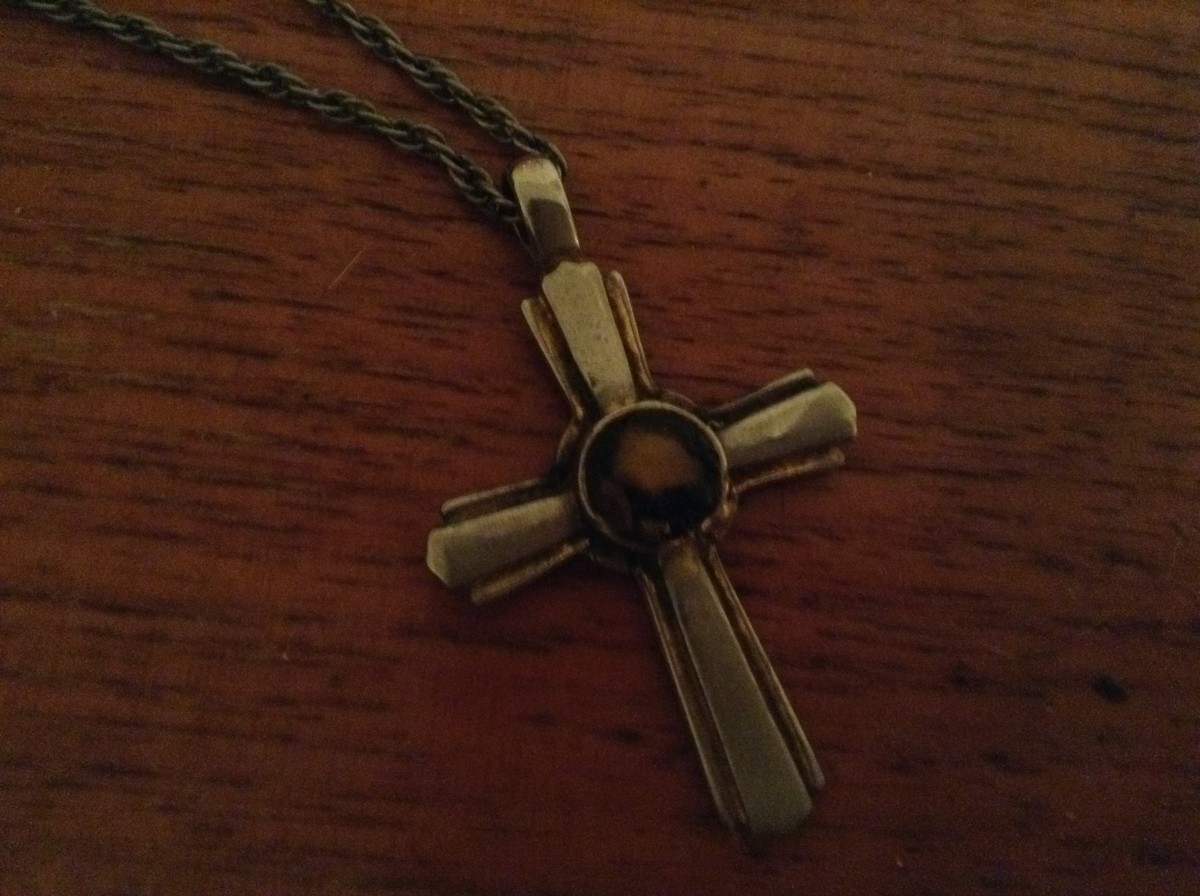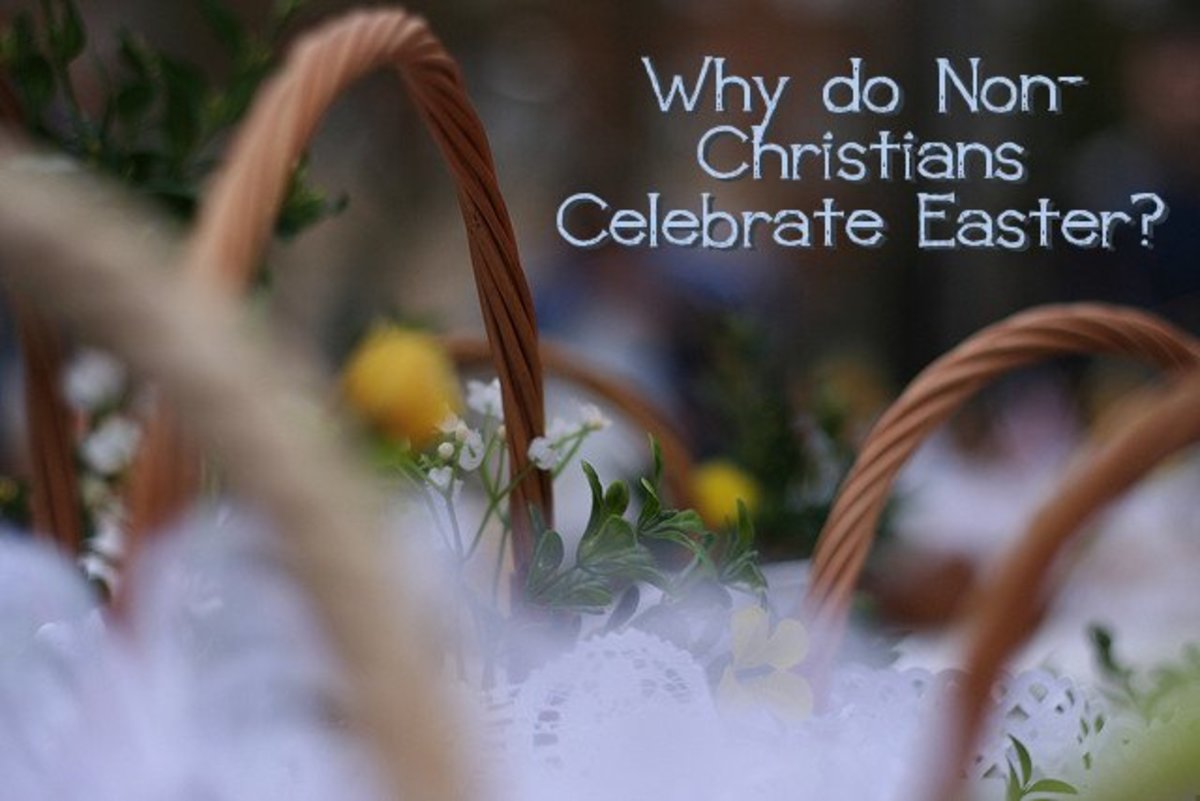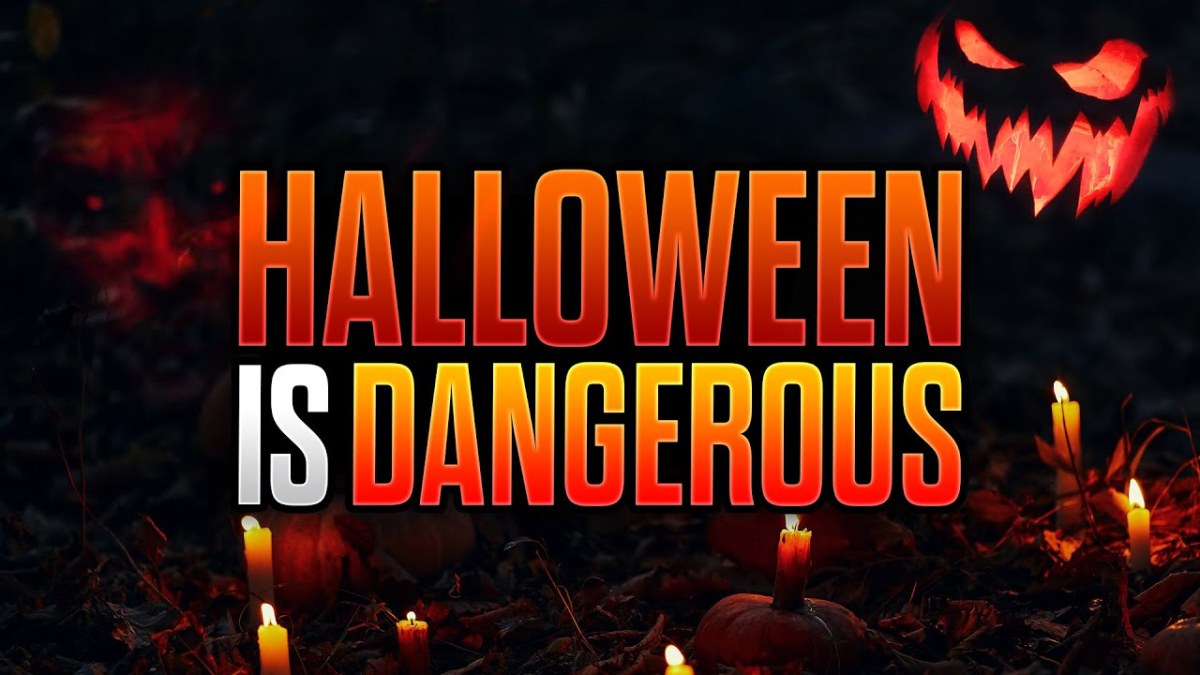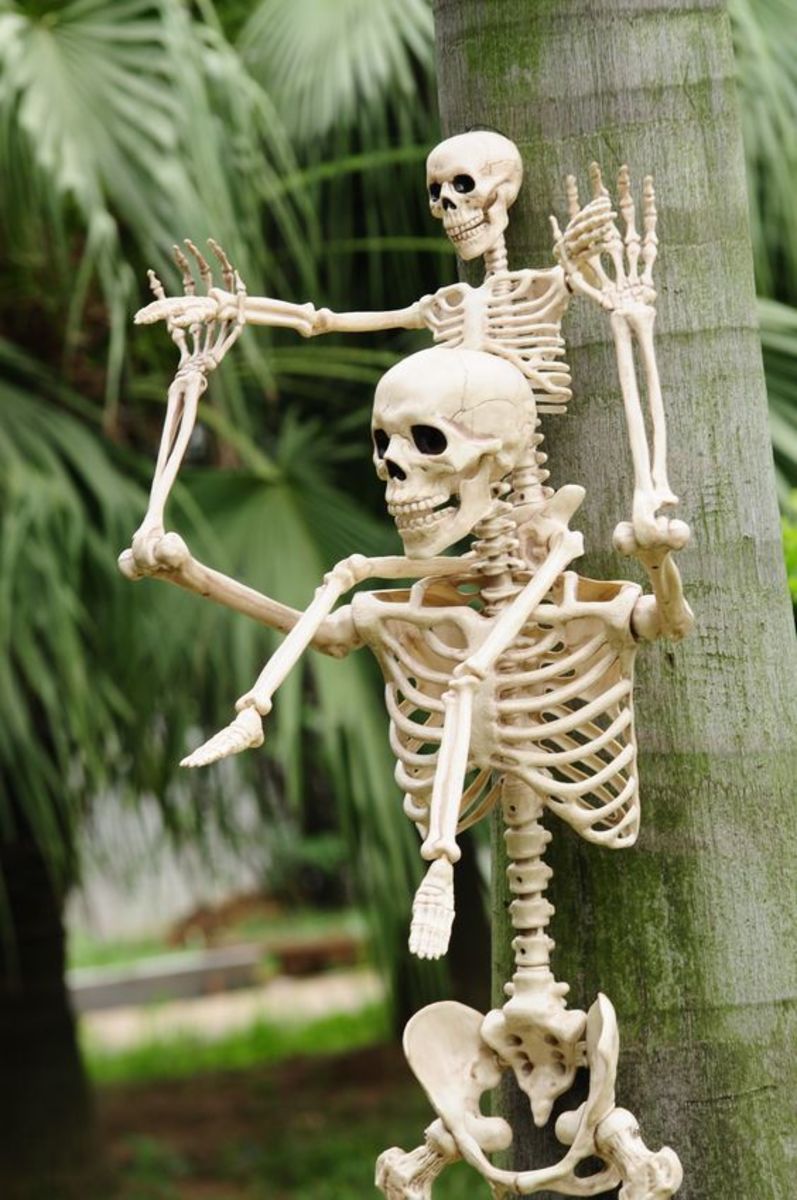The Christian Roots of Halloween
Halloween, a dying tradition
Today is Halloween. Tonight, children all over the country will dress up in either adorable or gruesome costumes, go door- to -door, and beg for candy. At least, I hope they will. It seems that the tradition dies just a little bit more every year. This truly is a shame. Sure, one could argue that the greed and gluttony inherent in the holiday is a sin, but it could also be used as a good teaching moment on self -control or even generosity. And yes, I realize that parents these days tend to be more fearful of strangers, but statistics show that this generation of youngsters is safer that our generation was, and safer still than the previous generation. So it remains a mystery to me why this tradition is dying a slow, sad, death. I pity the children of this generation who are missing out on much of what made the holiday so much fun, and I mourn the next generation who, if current trends continue, will miss out on it entirely.
It’s sad to see any tradition die, and what could be more innocent than small children asking for candy? One (of what is likely many) reason for the demise of this particular holiday could be ignorance of the holiday itself. If some people view it as nothing more than greedy little children running around begging for candy, why preserve it? Some Christians even refuse to celebrate the holiday at all because they believe it to have pagan roots, or even worse, ties to Satan. Those Christians would want nothing more than for the holiday to disappear altogether. However, the idea of Halloween being satanic or pagan* couldn’t be further from the truth. Rather, the holiday is steeped in Christian tradition. The fact that it’s origin has fallen by the wayside leaves it yet another casualty of global secularism.
*Although Halloween is not strictly pagan in origin, it does share some elements of the Celtic festival Samhain. In, what is in reality the quite common practice, of conquering nations to acquire traditions and celebrations of the native lands, portions of Samhain were merged into the Christian practice of celebrating the saints and souls of the departed.

According to Irish folklore, a man named Jack tricked the devil several times. As a result he was barred from both heaven and hell, and condemned to wander the earth. Forever after, he would wave his lantern around in an attempt to cause good Christians to stray from the straight and narrow. This Jack of the lantern is the origin of modern Jack O' Lanterns.
The origin of Halloween
The 1st of November is All Saints Day in the Catholic and Protestant churches. This designates October 31st as All Hallow’s Eve, or the evening before the feast of all the saints (the Middle English word alhalowmesse translates All Saint’s Day). Because language is constantly in flux, ‘All Hallow’s Eve’ was eventually corrupted to simply ‘Halloween.’ All Saints Day was a huge celebration with feasts, parades, bonfires, and costumes representing either angels, saints, or demons. With All Hallow’s Eve on October 31st, All Saint’s Day on November 1st, and All Soul’s Day on November 2nd, the whole thing was a massive three day celebration commemorating the Christians, martyrs, and saints who had passed on before us.
Prior to the modern practice of Trick-or-Treating, medieval Christians would go door-to-door offering prayers for the deceased in exchange for soul cakes. Soul cakes, small, round pastries, were the traditional goodies of Halloween, All Saint's Day, and All Soul's Day.
Halloween in the early North American colonies
Puritans in New England didn’t celebrate Halloween as much due to their own beliefs about holidays. Down south was a different story. The tradition of Halloween traveled to the New World along with the colonists, who married time-honored All Saints customs with the folklore of the Native Americans. Native American ghost stories, legends, and “trickster” myths helped to create modern American Halloween customs that show up to this day in the form of Halloween horror movies, impish pranks, and the “trick” part of trick-or-treat. It wasn’t long after this, that people of all ages would go from neighbor to neighbor asking for food and money, a precursor to the modern practice of trick- or -treating. Over the next several decades, Halloween began to spread out over all of the United States.
By the nineteenth century, Halloween began to get more community oriented. The previous religious festivals were slowly turned into Halloween parties for both children and adults. Rather than celebrate the lives and memories of the saints, the parties shifted their focus to games and costumes. Gradually, Halloween ideas shifted its attention to children. As children got more involved, some of the “scarier” aspects of Halloween began to disappear. Unfortunately, much of that was tied into the religious traditions, as a result, by the twentieth century almost all of the religion and superstition was removed from the holiday. Sadly, one would be hard pressed to find many Christians today who knew of the rich religious observances of the original All Hallow’s Eve.
Perhaps it’s the increased secularization of the western world, or maybe it’s because we have other forms of entertainment, or because we’re increasingly becoming isolated from each other, either way, we just don’t celebrate religious holidays with the gusto that we used to. I can’t help but feel that we’re losing something important. We’ve abandoned the three day feast, parades, and bonfires, and if the trends continue, we’ll eventually lose even the practice of trick -or -treating and carving jack-o-lanterns. Eventually, over generations, it’ll be nothing more than a mark on the calendar, along with Arbor Day, President’s Day, and the other forgotten days of the year. For those who choose to participate, I hope you have fun. Keep the tradition alive, eat lots of candy, and pause to remember the origins of the holiday and the saints who have gone on before us.
Happy All Hallow’s Eve, to all my brothers and sisters out there.
In 1950, in the City of Brotherly Love, Philedelphia children collected change, in lieu of candy, to donate to UNICEF for children overseas.
© 2017 Anna Watson





